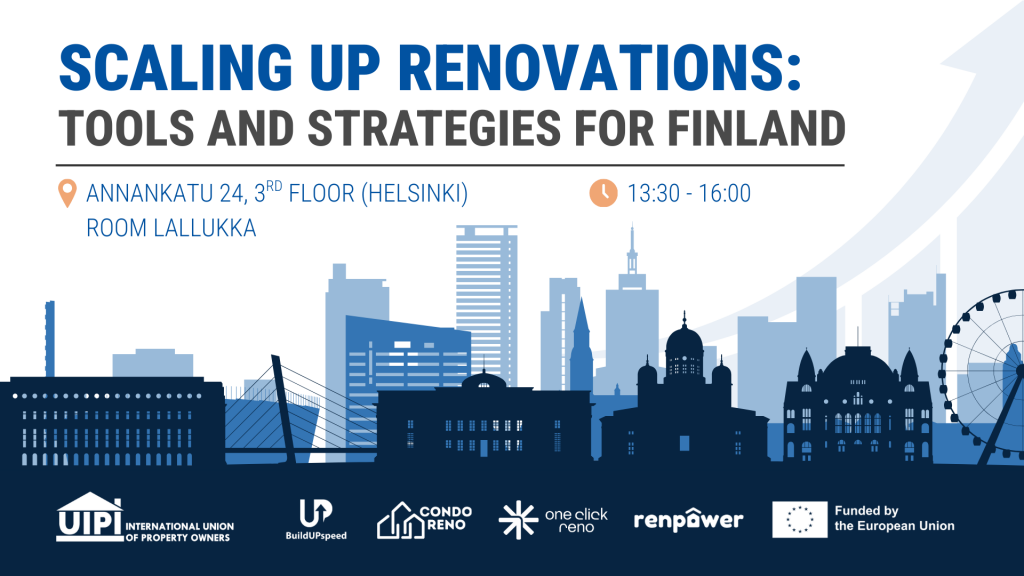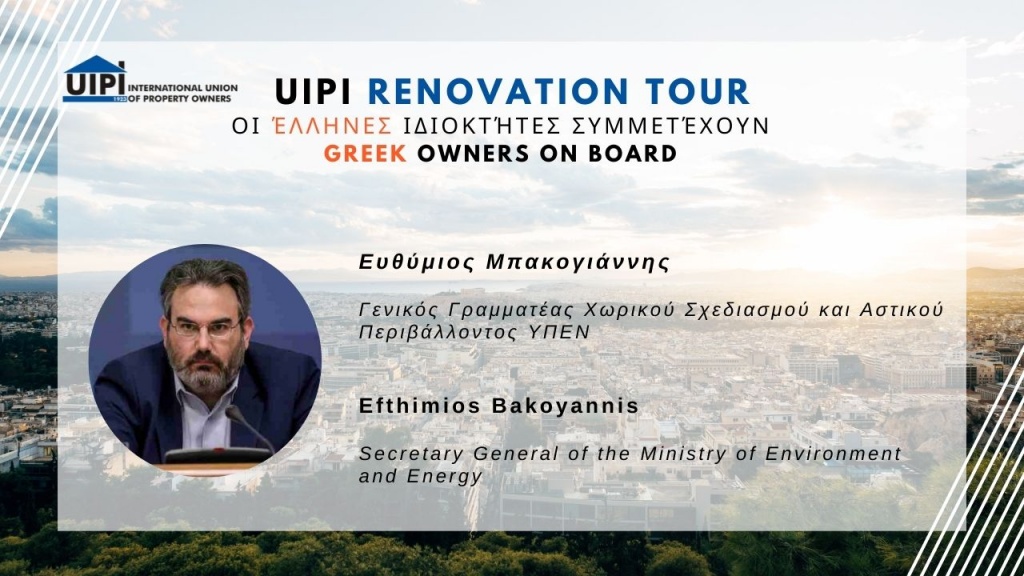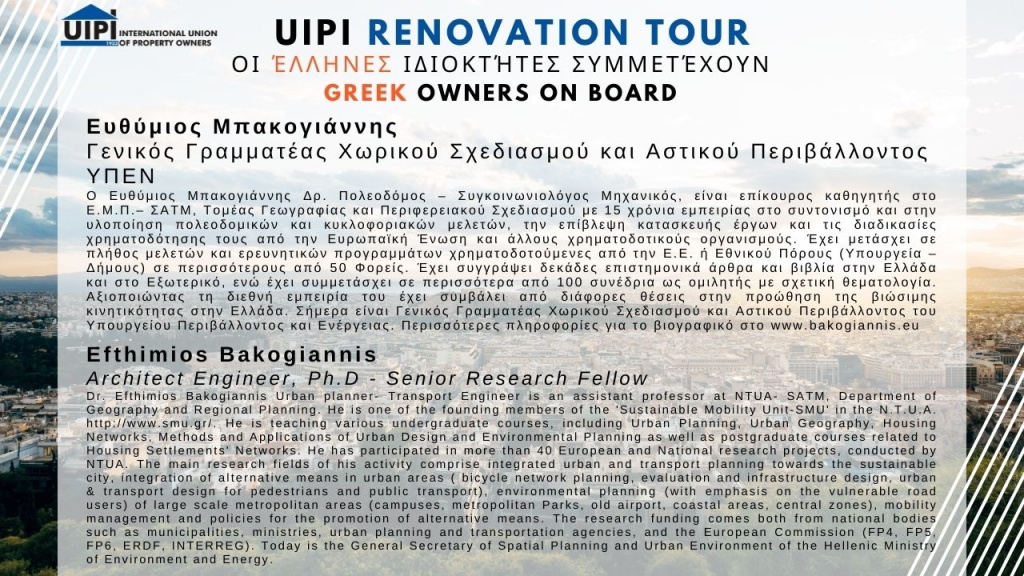Scaling up renovations: Tools and strategies for Finland
5 June 2025, UIPI hosted a workshop to explore how upcoming EU and national building renovation policies can be translated into real action on the ground. Organised alongside EU-funded projects BuildUPspeed,CondoReno, Renpower and OneClickRENO, gathered key Finnish property stakeholders for a timely discussion on making energy renovations a reality under upcoming EU rules.
“Scaling up renovations: tools and strategies for Finland” focused on the real-world obstacles facing homeowners and housing associations as Finland prepares to implement the revised Energy Performance of Buildings Directive (EPBD) in the upcoming year. Participants highlighted mounting concerns:
- As urban centres like Helsinki grow, rural areas are seeing depopulation and declining property values, making renovations financially unfeasible.
- Public support has dwindled, and banks are reluctant to finance energy renovations as they are not deemed an attractive investment
- While institutional landlords may be able to ensure funding and advice, smaller players often lack these opportunities. The absence of a one-stop shop was flagged as a major gap in this regard.
The session also highlighted a distinct feature of Finland’s housing system: housing associations (asunto-osakeyhtiöt). Unlike other condominium models, Finnish housing associations function more like limited liability companies. Individual residents own shares that correspond to their flats, while the association owns and manages the building as a whole. This model gives housing associations a high degree of autonomy, but it also means that renovation decisions require shareholder consensus, often slowing down or complicating upgrade efforts, especially when financing or strategic planning capacity is limited.
Learn more about different condominium models with our “Multi-unit buildings ownership guide”
Finland’s ageing population adds to the challenge, with older homeowners less inclined to renovate. Meanwhile, despite the country’s stock of buildings with similar characteristics, industrialised renovation methods remain underused, though they could help scale up renovations efficiently if correctly implemented.
The workshop invited open discussion on practical tools to bridge these gaps. Three core themes stood out: prefabricated renovation models, the need for integrated one-stop services, and the role of digital tools like building renovation passports. Emphasis was also placed on activating the market through better public-private collaboration.
With legislative changes looming, the session invited open discussion on practical tools and insight to turn policy into action.
Thank you to Kiinteistöliitto for welcoming us in their premisses in Helsinki and for all attendees for a lively exchange and interesting insights.



